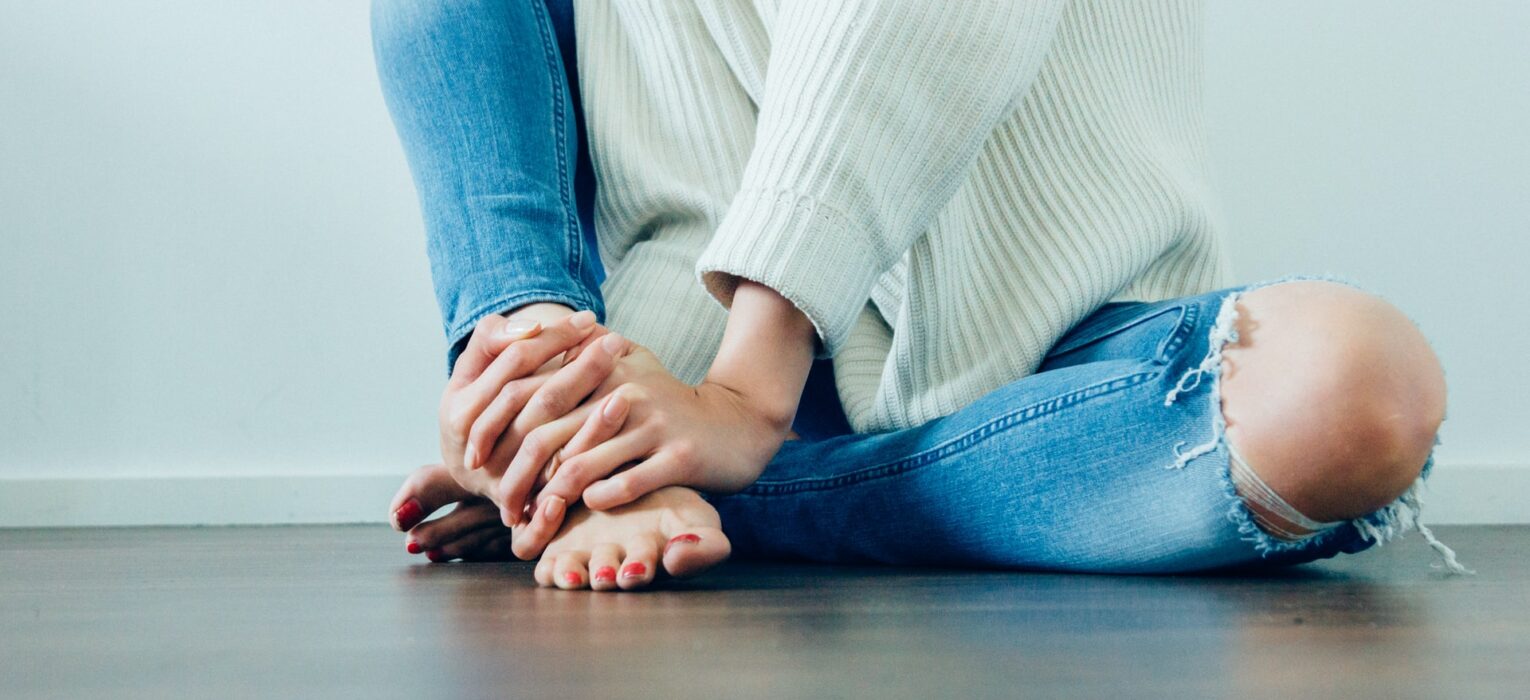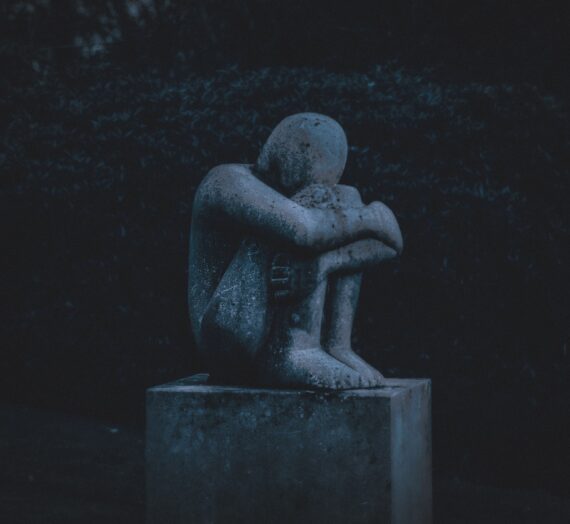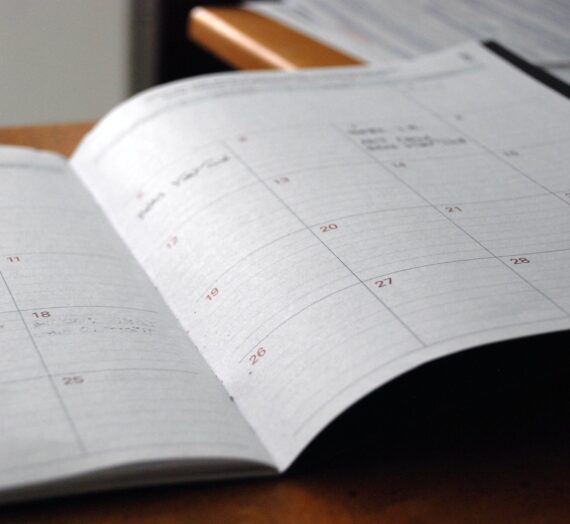Originally, this was going to be a much different post. I had planned a light-hearted piece about how to dip your toes into low-waste living, along with a list of the reusable items I use each day. However, a few things have happened lately that have necessitated a shift in tone and content.
I live in Nashville, TN. On March 3, we had a powerful EF-3 tornado come through that damaged countless homes and businesses and left 25 people dead. Our entire community was thrown into chaos as we dealt with the aftermath and began to pick up the pieces. I live near an area that was hit directly, and the week that followed was an emotional roller coaster of numbness, depression, anger, and guilt. I couldn’t focus on work. I was in a state of mental turmoil from constantly thinking about the disaster. My anxiety was heightened. I did some volunteer disaster relief work in the area, and although it made me feel a little bit better to be hands-on with the recovery process, it was also incredibly depressing to see the damage up close and to meet the people directly affected by the tornado.
Just as things were beginning to return to some sense of normalcy, the COVID-19 pandemic hit Nashville. As I write this, the staff of the organization I work for has been asked to work remotely for the indefinite future. All the bars and gyms in town have closed. Restaurants and coffee shops are operating on abbreviated hours and have moved to delivery/take-out options only. Historic clubs and music venues are closing down. Musicians and all of their touring crew are having to postpone or outright cancel upcoming tour dates. In a city with an economy that is largely based on tourism and live events, the economic toll is going to be astronomical.
So, how does one go about living intentionally in times like these? What does that even look like?
I think the key thing to focus on right now is caring for your mental and emotional wellbeing in this time of crisis.
In an effort to be honest and transparent, I want to tell you a little bit about me. I was diagnosed with anxiety and depression when I was 16, and had been struggling with both in a noticeable way since I was 13 or 14. I have been on antidepressants and/or anti-anxiety medication for half of my life. Although I have found a medication that works well for me and I have cultivated healthy coping mechanisms over the past several years, times of uncertainty still have a tendency to disrupt my progress. I am a sensitive person. I am very empathetic and simply feel things more deeply than many people. This makes events like a tornado in my community or a pandemic essentially closing down my city especially impactful on my mental and emotional state.
I want to suggest a few ways to care for your mental and emotional health right now. We are all dealing with the pandemic in our own way and we are all affected by it differently. No matter how the current situation is affecting you, I think you will find some helpful thoughts and ideas in the following list.
5 Tips for Mental/Emotional Wellbeing in Times of Crisis
1.) Step away from social media.
This is a hard one for many of us. I’m not asking you to disconnect from the world. We are already getting enough of that with the recommended social distancing! But if you feel things deeply like I do, this may be a good time to reduce your scrolling. We aren’t meant to witness pain and suffering on this level. It is one thing to stay informed. It is quite another to be inundating your system with bad news at all times.
In addition to reducing your time on social media, I recommend following accounts that consistently post inspiring, hopeful content. That way, when you are on social platforms it isn’t all doom and gloom. One of my favorites is @goodgoodgoodco. I think we could all use a little more good news in times like these.
2.) Structure your day.
Since nearly all of us seem to be working from home right now, you may be seeing a lot of WFH articles popping up. For folks who already regularly work from home, this isn’t a huge shift, but many people aren’t used to working outside the office and may be at a loss as to how best to do so. Working from home certainly provides some flexibility, which is great. However, being TOO flexible is a recipe for disaster. My best advice? Make sure your day still has some structure.
Do you normally work out before going into the office? Keep getting your fitness fix before launching into your work for the day, even if that means doing an audio or video workout in your living room. Make a point to still shower and get dressed in something other than PJs or loungewear. By all means, be comfortable, but choose something you wouldn’t be embarrassed to wear in public. Determine your best hours for productivity and take breaks when needed, but make a point to still put in the hours you normally would. Once your workday is over, do something that physically signals the shift. Get into your comfy clothes. Put away your computer. Go for a walk. Do whatever works to help transition you out of work mode.
3.) Make time for learning and creativity.
I can only watch Netflix or play games on my phone for so many days before my brain is begging for some stimulation. Whether you are simply practicing social distancing or are in quarantine, this is a great time to explore interests that you may not normally be able to focus on.
Skillshare is hands down one of my favorite learning and creativity resources. They do offer paid plans, but there are a ton of great classes available for free. Whether you are looking for productivity tips, wanting to learn how to embroider, or hoping to brush up on your Photoshop skills, you will find a great class here. Coursera and LinkedIn Learning are both great resources as well.
4.) Allow yourself some true alone time.
I get it. We all love our partners, kids, roommates, pets, etc. But you know what? It isn’t healthy to be spending every waking moment together, which is the boat that many of us are finding ourselves in right now.
Make a point to get some time to yourself every day, even if it is just for a few minutes. Go for a quick walk around the neighborhood. Close your bedroom door and meditate for 10 minutes. Read one chapter of a book in complete solitude.
I realize that this will be easier to accomplish for some than others. If you have a partner, get them on board. Ask them to tend to the kids while you go for a 30-minute walk, and offer to do the same while they go for a run. Let your roommates know that you will be in your room for the next hour, and ask them to not interrupt you. If you have an energetic or needy pet, see if a friend or neighbor would be willing to take them for an hour or so, and offer to do a favor for them in return.
By ensuring that you have some time to yourself each day, you will be more grounded and better able to deal with daily challenges.
5.) Allow yourself to feel your feelings.
This may sound silly to some of you, but hear me out. With the help of my patient and wonderful counselor, I have realized that I feel a need to explain and justify my emotions. Maybe you do too, but no one has ever pointed it out to you.
If something goes wrong and I am upset, I often think I don’t have the right to feel that way because other people are worse off. Or I might be angry at someone about something and rather than accepting that anger for what it is, I tend to tell myself that I am overreacting and that the problem really lies with me and how I handle conflict. I have all kinds of examples like this. Maybe these kinds of thoughts sound familiar to you.
Right now we are all feeling a lot of things. Fear, anxiety, depression, frustration, anger, helplessness, you name it. We need to allow ourselves to feel these emotions without judgment. We don’t need to dwell on them, but we do need to acknowledge and accept them.
The biggest thing to remember right now is that we are all in the same boat of uncertainty. Have patience with one another, and especially with yourself. These are strange times, but we will come out stronger on the other side.
Photo by Imani Clovis on Unsplash




